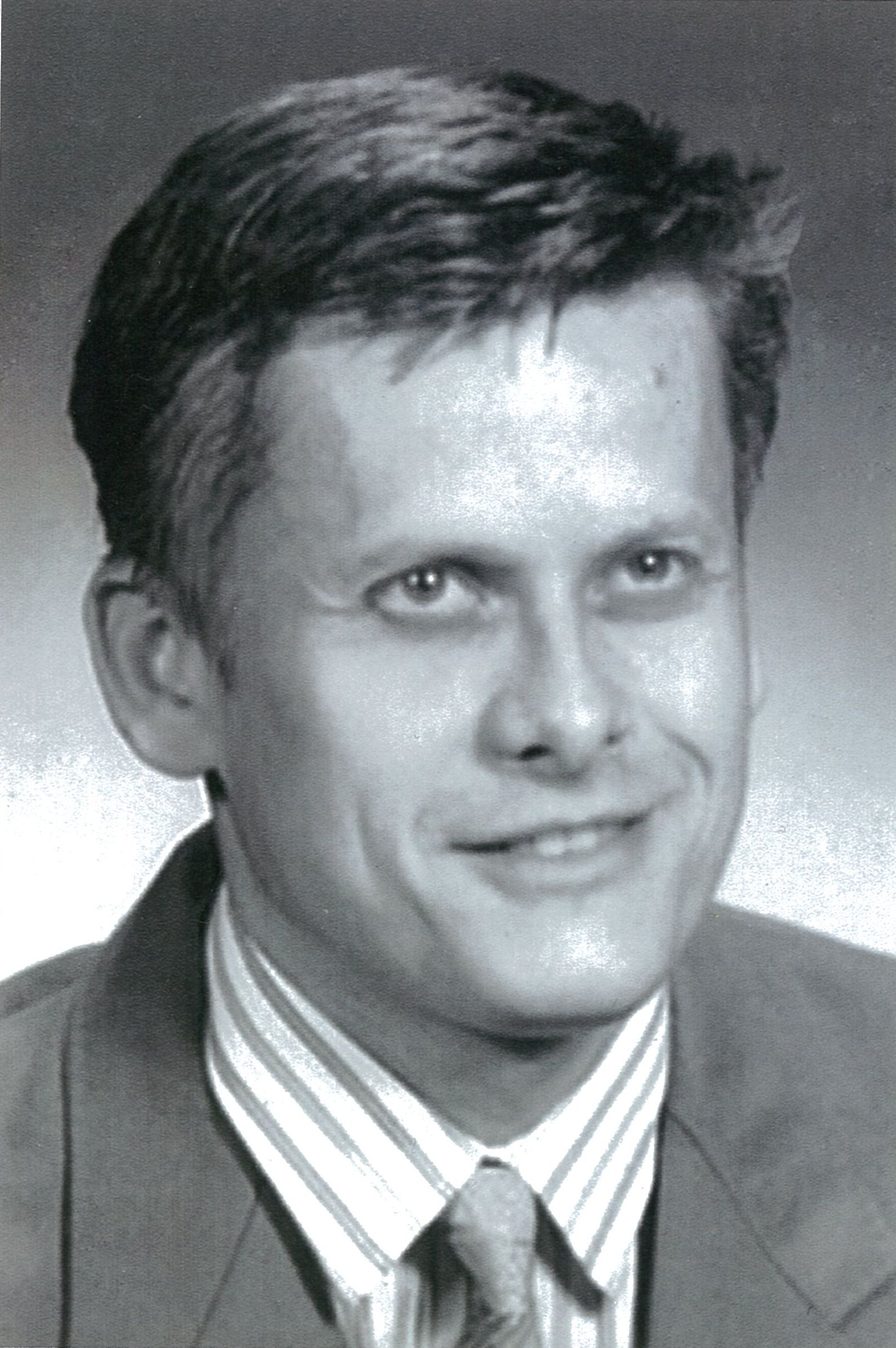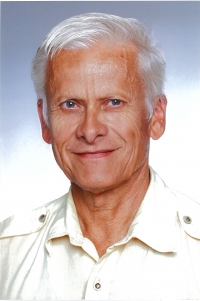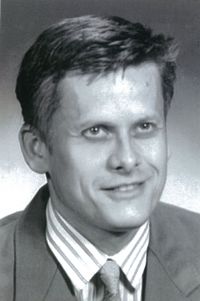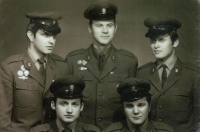The fact that they forced us to act against our fellow citizens was a perversion

Download image
Mikuláš Tóth was born on May 24, 1956 in Sečovce (Trebišov District, Košice Region). He had one older sister, Gabriela. Their mother, Helena, worked in a notary’s office with a land register, father Mikuláš was a carpenter, later a manual laborer. After primary school in Sečovce, Mikuláš graduated from the Secondary Vocational School of Industrial Construction in Košice (1971 - 1975). After half a year in the national company Montostav Košice, he joined basic military service (1976 - 1978) as a border guard in the 9th Company in the border village of Devín serving in the 11th Bratislava Border Guard Brigade, PS Unit 59-47. After the war, he returned to Montostav Košice. In the years 1981 - 1983 he worked as a construction manager in the company Pozemné stavby Michalovce. From 1983 to 1990 he worked in tunnel kilns in Východoslovenské železiarny. Then until his retirement (2019) he would have a series of short-term jobs. In 1981, 1985 and 1989, he completed compulsory military exercises of twenty-eight days in Bratislava and Michalovce. Mikulas never married and has no children. In 2020 he lived in Sečovce.


